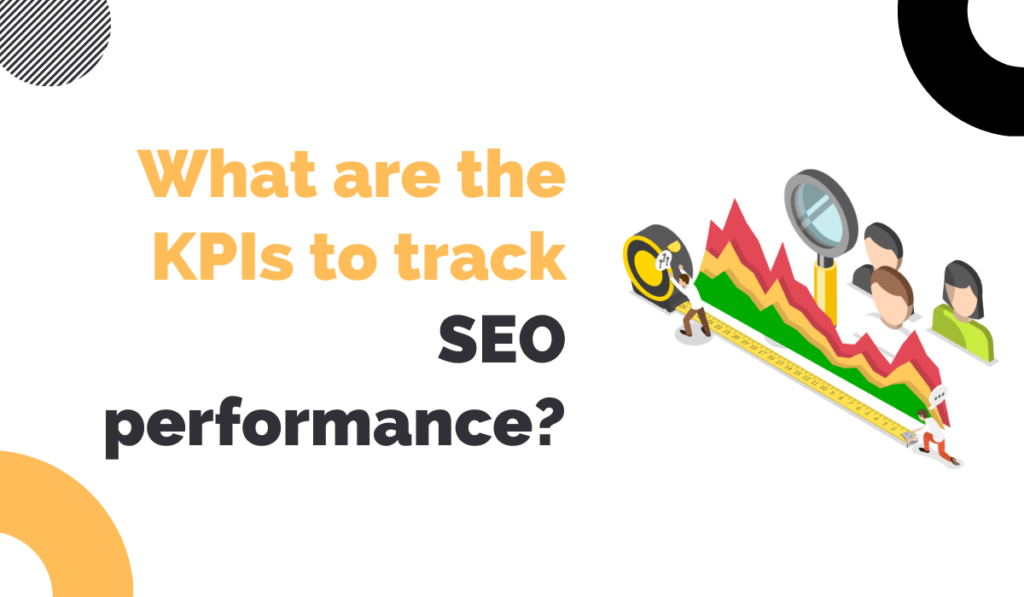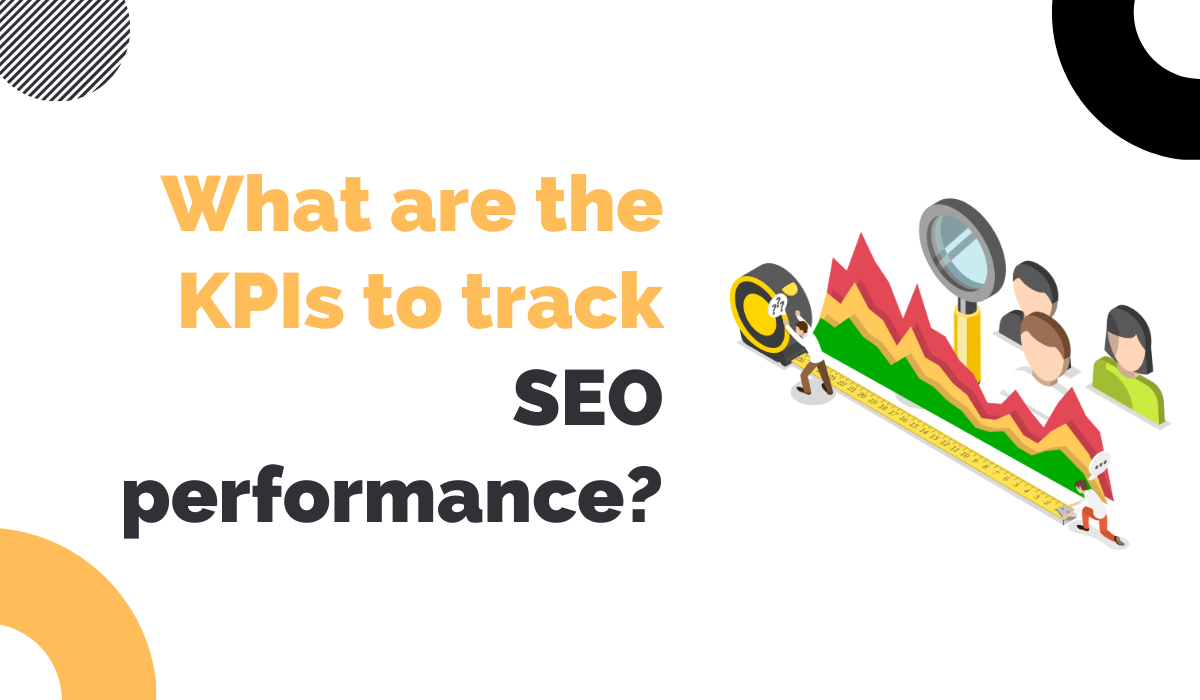
To effectively track the performance of Search engine optimization (SEO) efforts, businesses must focus on a comprehensive set of Key performance indicators (KPIs). These metrics are vital for assessing the efficacy of SEO tactics, guiding necessary adjustments, and enhancing the digital footprint of a brand.
By closely monitoring these indicators, companies can identify what is working and what needs refinement in their SEO strategy, ensuring that their online content not only reaches its target audience but also engages and converts them effectively.
In this context, we delve into the essential SEO KPIs that businesses should monitor, offering insights into how these metrics can lead to smarter decision-making and more robust digital marketing strategies. By understanding and leveraging these KPIs, businesses can better position themselves in a competitive digital landscape, driving traffic, improving user engagement, and ultimately boosting their ROI.
1. Organic Traffic
Organic traffic refers to visitors who arrive at your website as a result of unpaid (organic) search results. It is a primary indicator of SEO success, as it reflects the effectiveness of your website in attracting visitors through search engines. You can track organic traffic using tools like Google Analytics, which provides insights into the number of sessions, users, and pageviews your site receives from organic searches.
2. Keyword Rankings
Keywords are the terms that users enter into search engines. Monitoring where your website ranks for specific keywords helps in understanding how visible your site is to potential customers. Significant metrics include changes in rankings for specific keywords, the number of keywords for which the site ranks, and the presence of keywords in top positions (e.g., top 1-10, 11-20).
3. Click-Through Rate (CTR)
CTR is the percentage of users who click on your website after seeing your listing in the search results. A higher CTR generally indicates that your page title and meta description are effective and appealing. Google Search Console offers tools to analyse CTR by queries, pages, and countries, allowing you to refine your meta descriptions and titles.
4. Bounce Rate
Additionally, a high bounce rate can indicate navigational issues or poor page layout that confuses or frustrates visitors. Addressing these usability concerns by simplifying the site’s design, increasing page speed, and enhancing accessibility can significantly reduce bounce rates. It’s also effective to incorporate engaging elements like videos, interactive content, and clear calls to action that encourage visitors to explore more of the site. Furthermore, optimising for the right audience through targeted keywords and personalised content can ensure that the traffic your site attracts is more likely to have a genuine interest in your offerings, thereby naturally lowering the bounce rate.
5. Page Load Time
Page load time is crucial for both SEO and user experience. Search engines generally reward faster pages with higher rankings and are more likely to retain users. Tools like Google PageSpeed Insights provide insights into how quickly your pages load and offer suggestions for improvement.
6. Conversion Rate
Conversion rate measures how many visitors complete a desired action on your website, such as signing up for a newsletter, making a purchase, or filling out a contact form. It helps in understanding how well your site not only attracts visitors but also drives them to engage with your content or services.
7. Backlinks
The number and quality of backlinks—links from other websites to yours—are a significant factor in SEO. High-quality backlinks can boost your site’s authority and rankings. Tools like Ahrefs, SEMrush, and Majestic provide comprehensive ways to track your backlink profile, including the number of new and lost links.
8. Content Effectiveness
Assessing which pieces of content perform best can help in determining topics that resonate with your audience. Metrics such as page views, average time on the page, and social shares can indicate content effectiveness. Tools like Google Analytics and BuzzSumo can be used to measure these metrics.
9. Mobile Usability
With the increasing prevalence of mobile internet usage, mobile usability has become a critical SEO factor. Google’s Mobile-Friendly Test can help you see if your site is well-optimized for mobile devices, taking into account aspects like responsive design and ease of use on small screens.
10. Local Visibility
For businesses that operate on a local scale, local SEO is crucial. KPIs such as Google My Business insights, local rankings, and visibility in local search results are important. They help in understanding how visible your business is to potential local customers.
Conclusion
Monitoring these KPIs provides a comprehensive understanding of your SEO performance. Regularly analysing these indicators helps in identifying strengths, pinpointing weaknesses, and guiding the strategic adjustments necessary for continued improvement. Utilising SEO tools and platforms for tracking these KPIs ensures that your SEO efforts are data-driven and maximally effective.
Moreover, by setting clear benchmarks based on these KPIs, businesses can establish realistic SEO goals and measure progress against them over time. This approach not only facilitates proactive management of SEO strategies but also aligns team efforts towards common objectives. Ultimately, through diligent tracking and optimisation based on these key indicators, businesses can enhance their online visibility and achieve sustainable growth in their digital presence.

